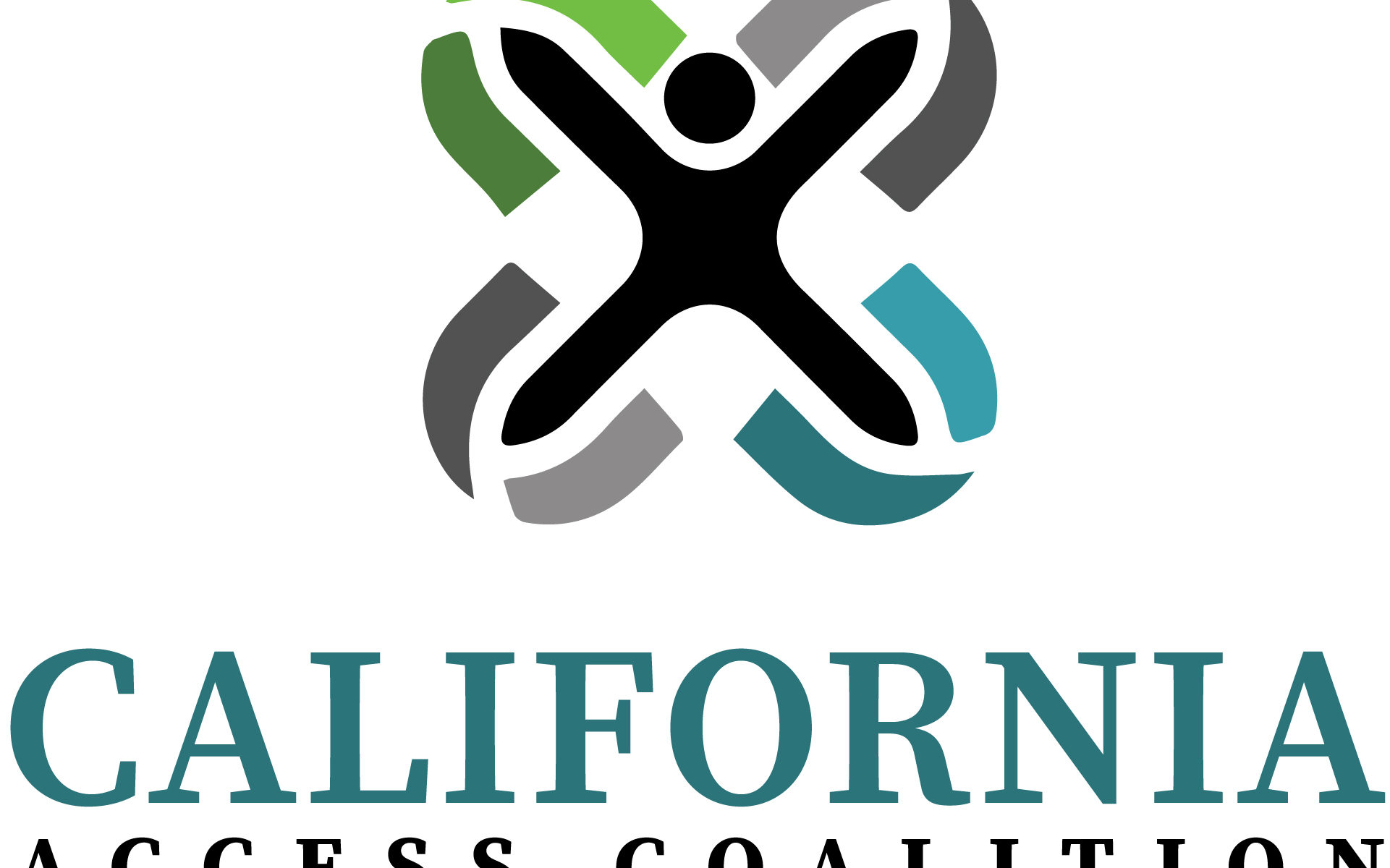AB 933 will reform the current, unfair rebate system that benefits corporations and does nothing to lower out-of-pocket costs for patients at the pharmacy counter
(SACRAMENTO, CA) – California patients will see the cost of their prescription medications lowered under a bill introduced today by Assemblymember Tom Daly (D-Anaheim) and co-authored by Assemblymember Wendy Carrillo (D-Los Angeles), Assemblymember Mike Gipson (D-Los Angeles), Assemblymember Patrick O’Donnell (D-Long Beach), Assemblymember Freddie Rodriguez (D-Pomona), Assemblymember Jose Medina (D-Riverside), and Senator Scott Wiener (D-San Francisco). Assembly Bill 933 will make prescription drugs more affordable by reforming the current rebate system to provide immediate relief to vulnerable Californians and lower health care costs for all.
“The current rebate system bypasses patients while saving health insurers and the pharmacy intermediaries billions of dollars each year,” said Assemblymember Daly. “The system needs reform so patients benefit from negotiated rebates.”
Health insurance companies and pharmacy middlemen, known as Pharmacy Benefit Managers (PBMs), negotiate significant rebates and discounts when purchasing medications from drug manufacturers. The price insurers and PBMs pay ends up being significantly lower than the “list price” of the medicine – the price a patient with a commercial health plan pays at the pharmacy counter. Insulin, an essential medicine, is sold to insurers and PBMs at deep discounts, yet too many patients pay based on the irrelevant list price. Over the past five years, the per-patient list price of Humalog, a common insulin, rose by 52% while the price paid by health plans, or the net price, is 8% lower than it was five years ago. Because of rebates, increases in list price do not always reflect increases in net prices.
On average, pharmaceutical manufacturers rebate 40% of a medicine’s list price. For example, if the list price of a drug is $100, a PBM may negotiate a rebate of $40 on the medication so the PBM and the insurer only pay $60 for the prescription. Unlike traditional rebates, patients see no discount at all on their medications.
“It’s unfathomable that not a dime of negotiated rebates goes to help patients afford their medications, especially when we know that the high cost of prescription drugs leads to 30% of patients not filling or taking their medications as directed,” said Le Ondra Clark Harvey, PhD, Executive Director of the California Access Coalition. “Particularly during the COVID-19 pandemic, AB 933 is a common-sense solution to help Californians afford their prescriptions.”
PBMs and insurance companies make billions from the rebate system each year. In 2019 alone, PBMs in the U.S. negotiated $89.5 billion in rebates overall, and in California, a recent report from the Department of Managed Healthcare (DMHC) showed that health plans in the state received more than $1.2 billion in rebates from manufacturers in 2019, up 25% from 2017. In that same two-year period, the amount of California premium dollar that went to health plan profits increased 218.3%.
Health insurance companies claim that the rebates they receive allow them to lower insurance premiums but with no transparency in the program, there is no way to know how much, if any, of the saved money in rebates goes back to patient care. Still, insurers have argued that sharing rebates with patients would require them to increase the price of health care premiums. However, a 2019 Milliman study titled “Can Voluntary POS Rebates Work for Medicare Part D?” found that, even if health insurance companies were required to share all the negotiated rebates with patients, premiums would increase at most 1%, while patients could save up to $800 each year on their medicine costs.
In fact, one of the nation’s largest PBMs, Express Scripts, started offering a program called SmartShare Rx that allows for rebates to be shared at the pharmacy counter in order to reduce the patient’s out-of-pocket cost at the point of sale. According to the PBM, they started offering the plan to alleviate the unintended consequences of high-deductible health plans such as patients abandoning prescriptions or even skipping doses due to the high cost at the pharmacy counter. Another national PBM, OptumRx, also started sharing rebates in 2019 as part of a broader effort to improve and simplify pharmacy benefits by delivering lower out-of-pocket costs directly to patients and helping make prescriptions more affordable.
“Every month, I go to the pharmacy to pick up my daughter’s prescription, which prevents excruciating flare ups that cause her skin to bubble like a third-degree burn,” said Colleen Henderson, the mother of a daughter with Hidradenitis Suppurativa. “Even though I have insurance, my out-of-pocket cost is more than $5,000 per month for one prescription. What’s the point of insurance if I have it and still can’t afford the medication my daughter needs?”
With passage of AB 933, commercial health insurance plans regulated by the state will be required to pass on at least 90% of rebates to patients, making their prescriptions more affordable and helping to ensure they stay healthy. The bill does not impact federally regulated employer sponsored health plans or insurance trusts. The bill has yet to be set for committee hearings.
About California Access Coalition
The California Access Coalition (CAC) is a network of local and state behavioral health organizations, patient advocacy groups, and pharmaceutical companies that advocate to eliminate barriers that keep Californians from accessing medication and behavioral health treatment. Follow CAC on Twitter and learn more by visiting www.californiaaccesscoalition.org.
